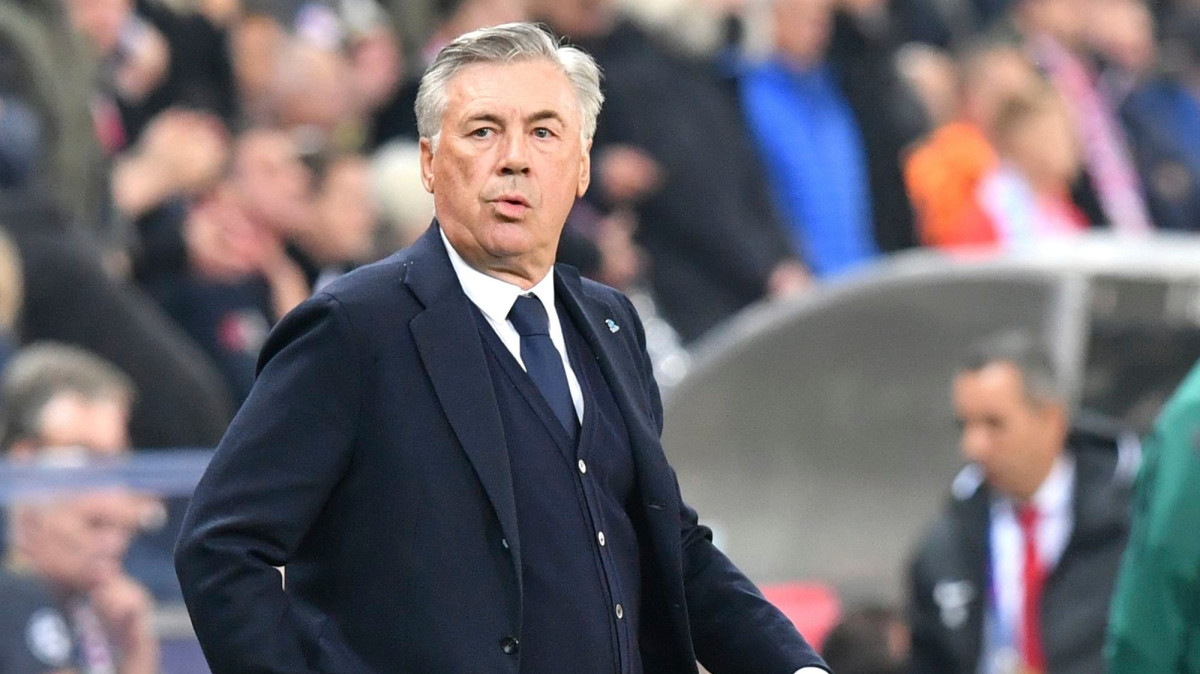RIO DE JANEIRO, Brazil — The Brazilian Football Confederation (CBF) has appointed Carlo Ancelotti as head coach of the national team, making the Italian the first foreigner in history to take permanent charge of the five-time world champions.
Ancelotti, 65, will assume the role on Monday, May 26, 2026, following his departure from Spanish club Real Madrid, where he has enjoyed unprecedented success.
The announcement was made Monday by CBF president Ednaldo Rodrigues, who described the move as both strategic and symbolic.
“Bringing Carlo Ancelotti to lead Brazil is more than a strategic move,” Rodrigues said at a press conference in Rio.
“It is a statement to the world that we are determined to reclaim the top spot on the podium. He is the greatest coach in history, and now he is leading the greatest national team on the planet. Together, we will write new glorious chapters for Brazilian football.”
Ancelotti replaces Dorival Junior, who was sacked in March after a series of poor results.
The managerial post has become notoriously unstable, with Ancelotti becoming Brazil’s fifth coach in less than three years.
The Italian’s appointment marks his first venture into international football management after a storied club career.
The veteran manager is the only coach to have won league titles in each of Europe’s top five leagues and boasts a total of 15 trophies with Real Madrid, including two Champions League titles and a La Liga championship.
Ancelotti is expected to lead Brazil through to the 2026 FIFA World Cup, to be hosted in the United States, Mexico, and Canada.
His first matches in charge will be Brazil’s World Cup qualifying fixtures against Ecuador and Paraguay, scheduled for next month.
The appointment comes amid growing pressure on the CBF to stabilise the national team’s trajectory.
Brazil last won the World Cup in 2002 and were knocked out in the quarter-finals of the 2022 edition in Qatar.
Ancelotti’s arrival is seen as a bold departure from the traditional domestic coaching pool, signalling the federation’s commitment to revitalising the team’s global competitiveness.
Though the decision to appoint a foreign coach has stirred some debate among purists of Brazilian football, early reactions from players and pundits suggest cautious optimism.
Ancelotti’s experience managing elite squads and his reputation for building strong player relationships are seen as assets in a team known for its rich talent pool but inconsistent form.
Ancelotti’s extensive résumé includes successful spells at AC Milan, Chelsea, Paris Saint-Germain, Bayern Munich, and Napoli.
His calm demeanour and tactical flexibility have earned him respect across Europe, and his ability to adapt to different footballing cultures will be closely watched in this new chapter.
The CBF has yet to announce who will join Ancelotti’s backroom staff, but sources close to the federation say there are plans to include local coaches in supporting roles to ensure continuity and familiarity with Brazilian football culture.
The appointment of Ancelotti is expected to usher in a new era for the Seleção, one that blends European discipline with South American flair.
The challenge now lies in whether the Italian tactician can unify a team in transition and restore Brazil’s dominance on the world stage.







